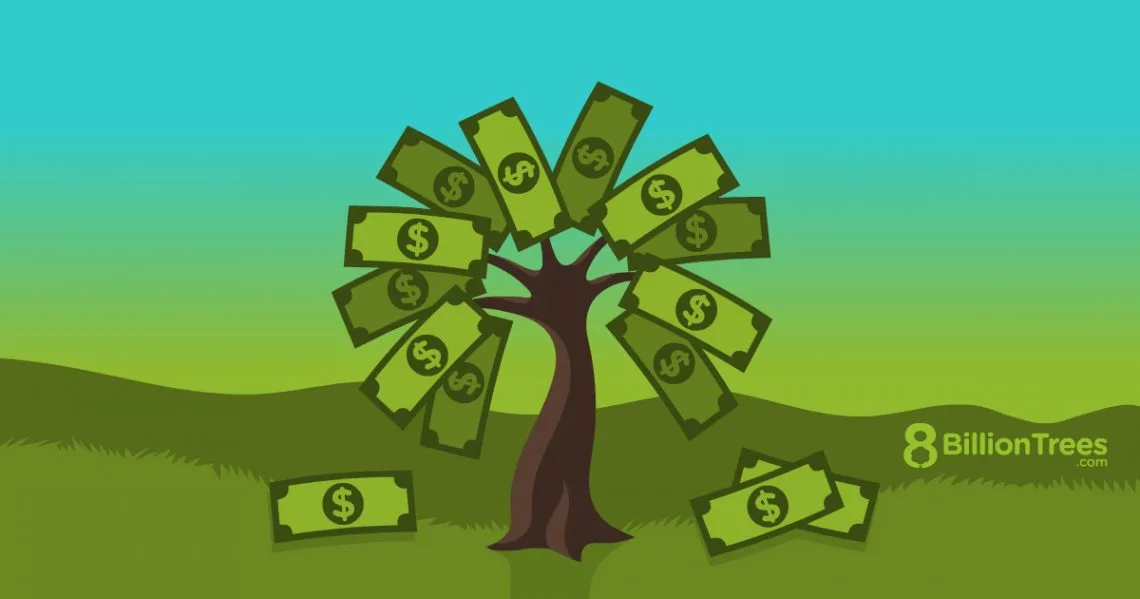Amazonian states in Brazil are pushing to amend PL 412/2022, aiming to regulate their carbon market more directly.
Their goal is to enable themselves, rather than landowners, to sell carbon credits generated within their territories.
This change seeks to clarify and expand the states’ role in the emerging carbon market.
Governor Helder Barbalho of Pará leads this effort, advocating for states to have their jurisdictional systems for selling carbon credits.
The potential revenue generation from carbon credits for Brazil by 2030 has risen from US$100 billion to US$120 billion.
The updated study “Opportunities for Brazil in Carbon Markets” shows that.
This approach would allow states like Pará to sell credits directly, bypassing intermediaries, thus potentially increasing revenue.

Currently, the bill under consideration in the Chamber of Deputies leaves the possibility of state participation open.
The proposed amendment would ensure states’ active involvement in carbon credit sales.
Barbalho argues that this system would not restrict the current market but rather add a new dimension to it.
State governments selling all credits
In the envisioned system, the state governments would be responsible for selling all credits, including those from private properties, indigenous reserves, and other territories.
The state would negotiate the prices and allocate earnings based on the credits each property generates.
However, landowners not wishing to participate in this state-led system could opt out. They would retain the option to sell their credits directly in the market.
This flexibility addresses concerns about mandatory participation in the state system.
The initiative faces legal questions about the feasibility and propriety of states directly managing carbon credit sales.
Experts like Luciano de Souza Godoy argue that carbon credits are inherently linked to land ownership.
Despite these challenges, several Amazonian states are proactively setting up laws and entities to manage carbon credits.
For instance, Acre has established CDSA to handle these transactions.
States like Tocantins and Roraima are preparing for the $120 billion global market, anticipating benefits ahead of national legislation.

